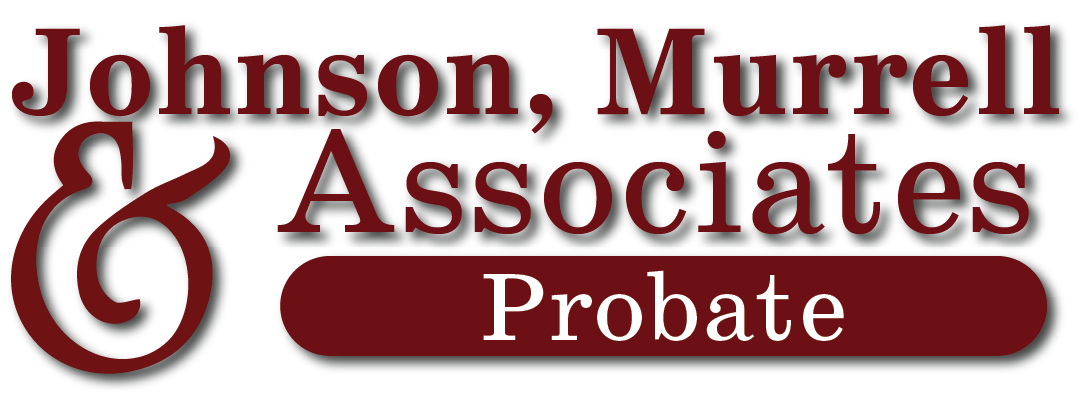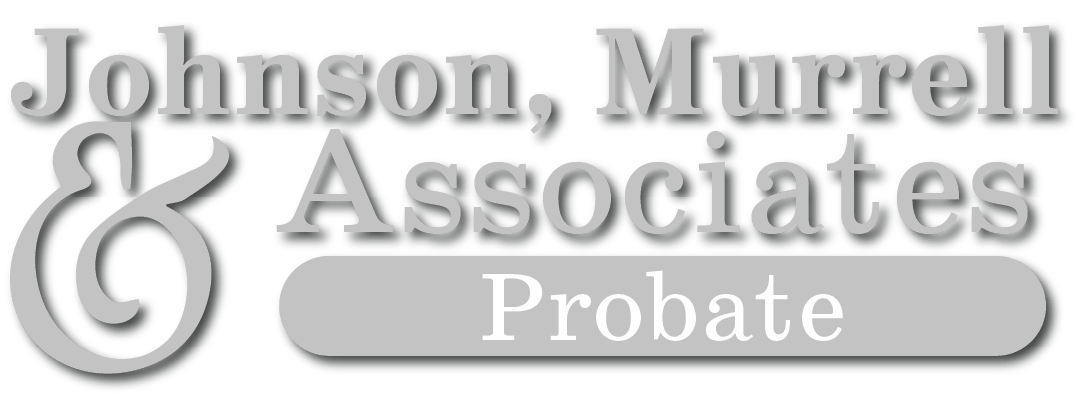Losing an elderly parent is hard enough. Dealing with their nursing home bills can be an added burden on top of the grief. The best way to handle nursing home bills after death is to:
- Find reassurance when handling nursing home bills after death
- Contact a funeral home right away
- Tell the nursing home within 24 hours to avoid any other charges or fees
- Don’t immediately pay nursing home bills after death
- Be aware of a possible TennCare claim
- Hire a probate attorney
Estates typically bear the responsibility of paying nursing home bills after death. To handle nursing home bills after death, notify the nursing home of your loved one’s passing and delay paying bills to allow for the probate proceedings. You should also prepare for any possible TennCare claims and consult a probate attorney.
Find Reassurance When Handling Nursing Home Bills After Death
Whether you have an elderly parent or your parent has just passed, the idea of handling their nursing home bills after death can be a major burden. You need reassurance as you walk a delicate path of sympathy and practicality during this difficult time of planning ahead and putting their final affairs in order.
It’s important to remember that a deceased individual’s estate is responsible for any outstanding nursing home bills. Unless you co-signed for their care, you’re not directly responsible for any expenses related to their time in the nursing home. Having a parent who has just passed away while in a nursing home is similar.
This can provide peace of mind if you have a living elderly parent and are contemplating nursing home care. It allows you to focus on finding the best care for them without undue worry about potential financial burdens after their passing.
Contact a Funeral Home Right Away
Contacting a funeral home promptly after a loved one’s death is crucial for handling nursing home bills after death. Funeral homes help in obtaining the death certificate, which is necessary for addressing the legal aspects of the deceased’s passing. The nursing home may initiate the paperwork while the funeral director, along with helping to plan the funeral, often finalizes the death certificate to expedite the process.
Most nursing homes also have policies requiring the immediate removal of the deceased, making it essential to find a funeral home as soon as possible. Delaying in contacting a funeral home could lead to complications in the transition process and may result in additional fees from the nursing home. Swift communication with a funeral home ensures a smooth transition and helps manage nursing home bills effectively after the death of a loved one.
Tell the Nursing Home Within 24 Hours To Avoid Any Other Charges or Fees
Prompt notification of the nursing home about a loved one’s passing helps:
- Avoids unnecessary charges
- Ensure a smooth transition
- Allows for respectful handling of administrative matters during a difficult time
A facility may have policies in place that require timely notification of a resident’s death to prevent continued billing for their care. Notifying the nursing home promptly if a loved one passes away at the hospital can help avoid additional charges or fees.
Early communication allows the nursing home to begin necessary administrative processes, such as updating records and terminating services. This can help prevent billing errors or misunderstandings later on.
Don’t Immediately Pay Nursing Home Bills After Death
It’s best not to rush into paying nursing home bills immediately after a loved one’s passing. Instead, the probate process to handle outstanding debts, including those owed to nursing homes.
The period following a death is emotionally overwhelming, and paying bills right away can add unnecessary stress. Probate allows for a systematic settlement of the deceased’s debts and distribution of assets according to legal procedures. During this process, creditors are notified and given a chance to make claims against the estate, including nursing home bills.
By waiting for probate, you ensure that the estate’s assets are properly accounted for and that debts are paid in an organized manner. This approach can provide peace of mind during a difficult time and prevent any premature depletion of estate funds that may be needed for other expenses or distributions to heirs.
Be Aware of a Possible TennCare Claim
Be aware that TennCare will typically make a claim when handling nursing home bills after death. This is due to the process of estate recovery, which is how TennCare retrieves funds from the estates of individuals who have passed away after receiving long-term services and support, including nursing home care or home-based services.
Federal law mandates TennCare to recoup payments made for these services. This means that if TennCare covered any expenses during the individual’s lifetime, such as nursing home care, the estate may be responsible for reimbursing TennCare for those costs.
Being aware of TennCare’s claim ensures that appropriate steps are taken to fulfill any financial obligations owed to TennCare. It helps prevent potential legal or financial complications for the estate and its beneficiaries.
Hire a Probate Attorney
Hiring a probate attorney can be crucial in managing nursing home bills after a loved one’s death. At Johnson, Murrell & Associates, our team of attorneys specializes in navigating the complex legal process of probate, ensuring proper distribution of assets, and settling outstanding debts.
With our expertise, we can:
- Streamline the process
- Alleviate stress
- Ensure that the deceased’s assets are handled appropriately
This includes addressing nursing home bills in accordance with applicable laws and regulations.
Do you need help managing your loved one’s estate after their passing? Contact us today to learn how Johnson, Murrell & Associates can help!
The estate is usually responsible for settling nursing home bills after death, which can alleviate financial worries. Quickly involving a funeral home and informing the nursing home can simplify procedures, while postponing bill payments ensures orderly probate proceedings. Planning for TennCare claims and seeking guidance from a probate attorney can offer additional support.
At Johnson, Murrell, & Associates, we understand that handling a loved one’s estate and bills after their passing is an emotional, stressful experience. Our job is to make your life easier, guiding you through the process so you understand what’s to come. To schedule a consultation, call us at 865-453-1091 or schedule an appointment.



